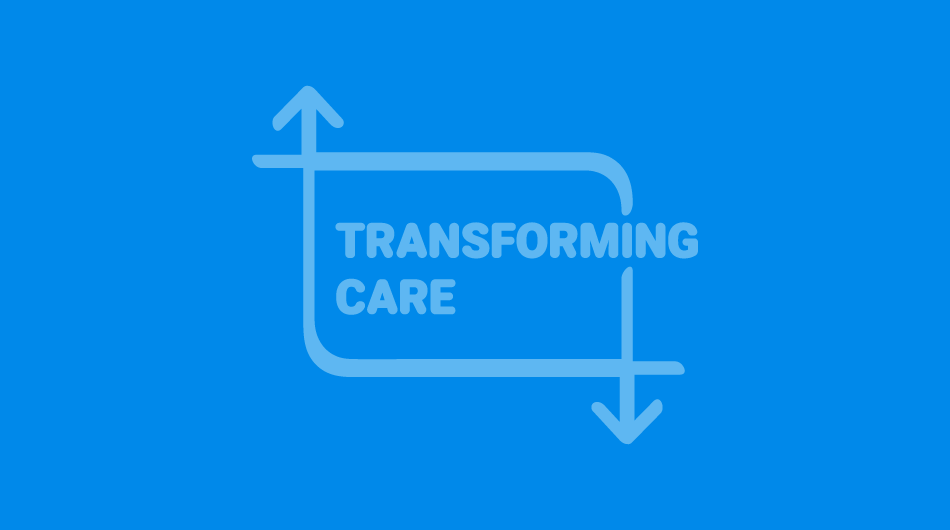
CQC publishes Out of sight – who cares? report
CQC commissioned to review use of restraint, seclusion and segregation for autistic people, and people with a learning disability and/or mental health condition.

NHS Digital have published their monthly data set, showing 2,060 children, young people and adults were in inpatient settings at the end of October 2020.
NHS Digital have published their monthly data set, showing 2,060 children, young people and adults were in inpatient settings at the end of October 2020. There has been no decrease in the total number of individuals in inpatient services since September 2020. The average length of stay in inpatient settings remains 5.7 years.
Data published today shows children, young people and adults in inpatient units experienced 4,360 restrictive interventions in August 2020. This is a slight decrease from figures reported last month for July. However, the actual figure is likely to be much higher with serious under-reporting. Only 3 out of 15 independent providers and 27 out of 56 NHS providers reported data.
This data is published in National Safeguarding Adults Week which this year includes a focus on organisational and institutional abuse– referring to neglect and poor care practice in institutions or specific care setting. Today’s figures show that children, young people and adults with learning disabilities and/ or autism are at risk of experiencing restraint and seclusion in inpatient services, including prone restraint. Recently published reports, including by the Joint Committee on Human Rights and the CQC “Out of Sight- who cares?” report have highlighted the human rights abuses that are taking place in inpatient units and the systemic issues that remain.
Despite 9 years of a “Transforming Care” programme, the evidence of poor treatment of children and adults with learning disabilities and autism in inpatient units continues. The lived experience of individuals and families clearly demonstrates that care has not been transformed. Over 9 years after the Winterbourne View scandal the government has failed to take necessary action to provide appropriate, therapeutic and safe care and support for children and adults with learning disabilities and/ or autism close to home.
The issues and solutions are well understood – when will we see the necessary action?

CQC commissioned to review use of restraint, seclusion and segregation for autistic people, and people with a learning disability and/or mental health condition.

Looking back and we are still waiting for care to be transformed.
If you support someone with a severe learning disability whose behaviour challenges you can contact the CBF Family Support service on 0300 666 0126 or email us at support@thecbf.org.uk